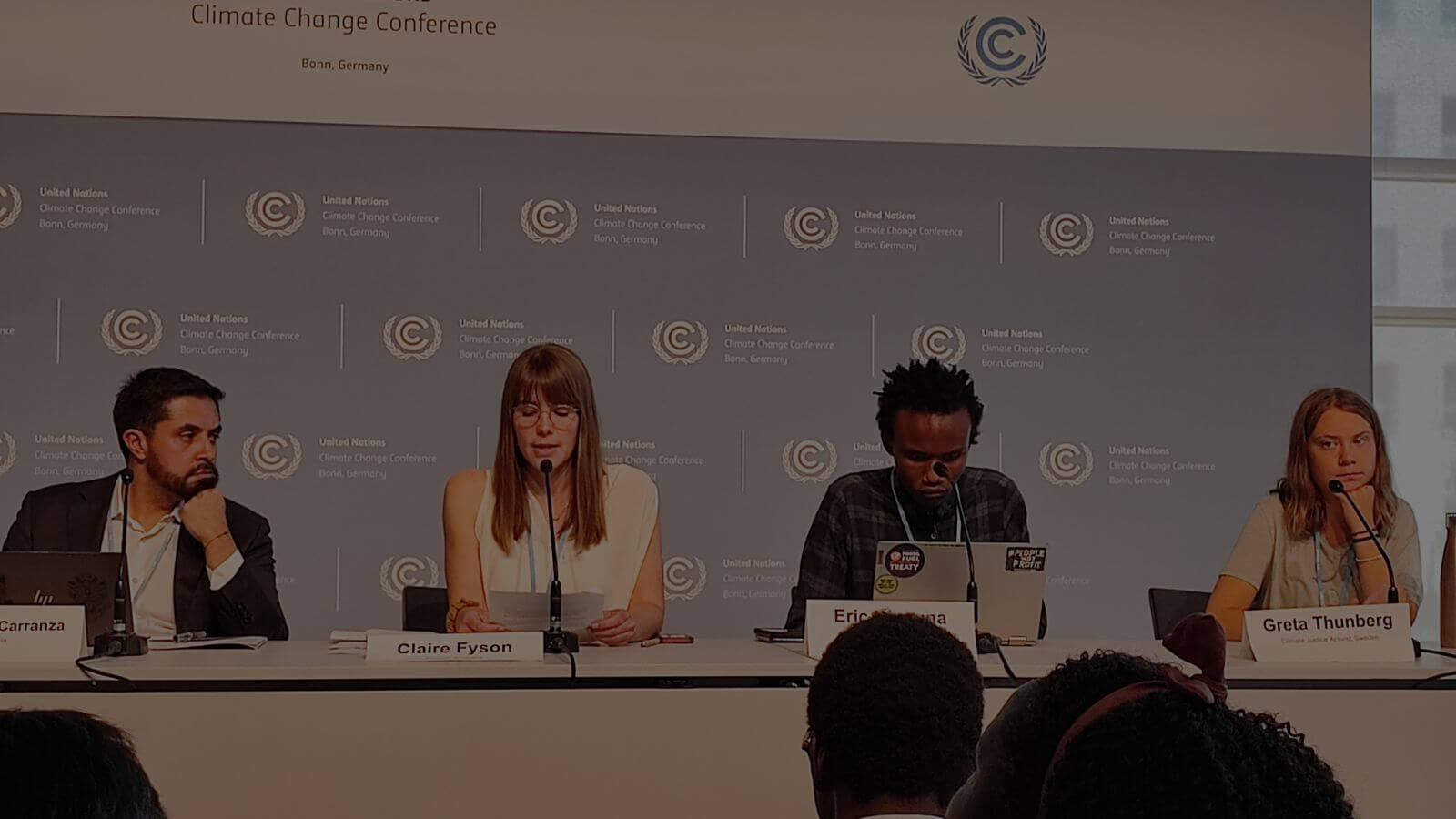The urgency of the climate crisis is clear, and leading voices are calling for bold action. Denmark has set an end date for oil and gas production by 2050. The Beyond Oil and Gas Alliance is pushing for a managed and just phase-out of production globally.
Dan Jørgensen, Minister for Development Cooperation and Global Climate Policy, Denmark:
“Recent reports have made it clear that if we are to reach the long-term goals of the Paris Agreement, the fossil era needs to come to an end. This is why Denmark has set an end date for our oil and gas production by 2050 through the North Sea Agreement in 2020. We are pushing for global action through the Beyond Oil and Gas Alliance (BOGA), which promotes a managed and just phase out of oil and gas production. The issue is now being brought up regularly in the intergovernmental climate dialogues, in a way we haven’t experienced before. We are experiencing growing momentum behind this agenda, including from COP27, where around 80 countries supported a reference to fossil fuel phase out.”
Colombia is calling for a shift from a fossil fuels-based economy to a biodiversity-based one, while the Marshall Islands emphasize the need for a rapid transition to renewable energy and a phase out of fossil fuels.
Sebastián Carranza, Head of Delegation, Colombia:
“We are trying to raise our voice for these structural principles that need to change at global level and are not sufficiently discussed. It’s not an easy decision for a country [dependent on fossil fuels] but we must do it; move from a fossil fuels-based economy to a biodiversity-based one. We need to take care of biodiversity, nature, vulnerable people. This is where Colombia’s proposal comes from.”
Kenya’s climate justice organizer calls for a stop to new oil and gas exploration and a phase out of existing ones. COP28 must prioritize a just and equitable reduction of fossil fuel production and use to meet the Paris 1.5C goal.
Eric Njuguna, Climate Justice Organizer, Kenya:
“We need to stop all new oil and gas exploration and phase out existing ones. And Yes, this includes Global south countries which cannot afford to follow the same extractive, carbon intensive and unfair development pathways that the global north countries have used for decades. This is whilst massively investing in people led renewable energy projects.”





